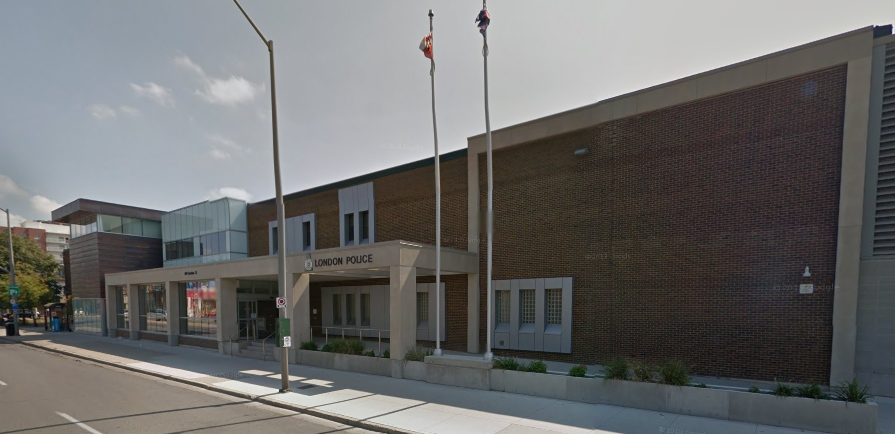Sexual Assault Centre London is crediting London Police for taking a “very proactive” approach in improving how they handle complaints of sexual assault, after a damning report by the Globe and Mail found they’ve dismissed one in three sexual assault cases as baseless allegations.

“This article is bringing it to light to the public, but we’ve been having these conversations for years with police services,” said Jane McGregor, the Director of Community Programs for the Sexual Assault Centre London and Women’s Community House.
The report issued on Friday said there were 259 sexual assault complaints in London in 2014, but that number rose to 390 when cases dismissed as ‘unfounded’ were included. It prompted London Police Chief John Pare to launch a probe over the weekend into how sexual assault cases are handled, that includes reopening cases dating back to 2010.
As part of the review, Pare met with McGregor, London Abused Women’s Centre executive director Megan Walker, and Deputy Chief Daryl Longworth on Monday to discuss better training for officers, what victims can expect if a case is reopened, consulting community partners, and developing a long term strategy.
“This is not just a London Police Service issue, this is across the province, and it’s a systemic issue. And it’s not only in the criminal justice system, it’s in our education system, it’s in our health system,” McGregor said. “With the province’s sexual assault action plan, one of the recommendations is better training for police and crowns around the issue of sexual assault, and that’s been happening on the ground.”
The report says London had one of the highest unfounded rates of the 25 largest police communities in Canada, with 30 per cent of sexual assault allegations deemed unfounded between 2010 and 2014. Pare says the review will look into the process of coding and categorization, and how cases become listed as unfounded.
- Canada’s most wanted list: Toronto suspect in fatal shooting at No. 1
- Gas station clerk stabbed several times during violent attack at Ultramar in Montreal
- Man acquitted in Tina Fontaine murder found dead, says her aunt
- Canadians should expect politicians to support right to bail, Virani’s office says
But former police officer and sociology doctoral candidate at Western University Lesley Bikos says that the first point of contact with a front line officer has huge influence on how far someone will take their report.
“We have to understand that although I agree the criminal justice system as a whole needs help with this, the police are the first contact. They’re the gateway. And… sometimes officers are not providing that support. In fact, it appears quite the opposite, that they’re trying to talk them out of making that complaint.”
The police service has committed to reopening cases. It’s a way to find answers, but Bikos said it also causes further trauma to victims.
“If you’re going to be reopening cases, I think a really key piece here that they have to understand is that they’re going to be revictimizing and traumatizing victims again who already went through this once… and now you’re going to come back and say ‘well actually can we reopen this investigation and start from day one.’”
Bikos said it’s “inappropriate” to blame the numbers on a matter of coding alone, and stressed the importance of transparency throughout the course of the review.
“We can’t just brush this under the past as ‘oh this is a coding issue’ and then expect everyone to just move forward. It’s going to be very important for victims for the future, to know that this is going to be taken seriously.”
During her studies as a PhD candidate, Bikos said she’s interviewed 60 police officers across Canada and has come across disturbing accounts of rape culture within the police force itself.
“And what I’m going to say very loudly and very clearly, is that we have an institution that treats it’s own that way, that has that culture within its ranks, then how do we expect public service to be any better.”








Comments